To Speak is Strength – Olympic Medallist and SportNI Athlete, Aidan Walsh.
Talking about the things that are affecting someone’s mental health can really make a difference. That said, there are times when professional help is required. If you are concerned about an individual’s mental health, encourage them to contact their GP. If they are in crisis, they should attend A&E or call Lifeline on 0808 808 8000.
We have collated a range of mental health resources:

A mental health and wellbeing awareness course has been launched for the sports sector via the Sport NI Digital Learning Hub.
Sports clubs are at the very heart of our communities, and we are all aware that sport and physical activity can have a powerful and positive effect on mental health.
The course provides sporting clubs and organisations with an introduction to mental health and wellbeing, the signs and symptoms to look out for and how to support yourself and those around you.
Find out more HERE.
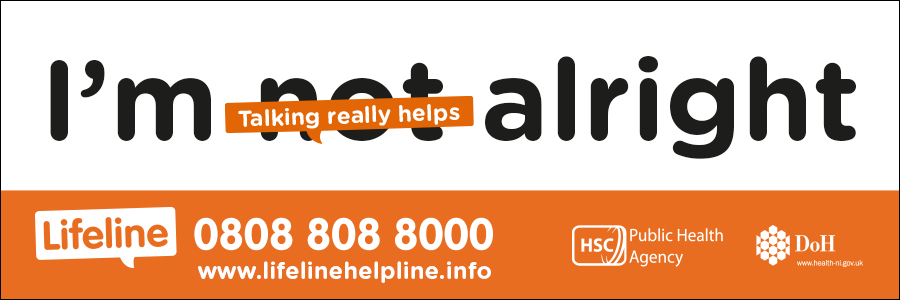
The Public Health Agency’s ‘Talking really helps’ campaign is running from November 2025 to March 2026.
The campaign aims to encourage anyone with feelings of anxiety or distress, or who is in crisis, to start the conversation about their real feelings. The campaign also promotes Lifeline, Northern Ireland’s crisis response helpline.
Find out more about the campaign with videos and assets to share within your sport HERE.

By asking the question “How are you feeling?”, the latest Living Well campaign encourages people to look after their mental health and take the five steps to wellbeing. Building these steps into our daily life could help us feel more positive and able to get the most out of life.
The “How are you feeling?” campaign is running in Living Well community pharmacies in December 2025 and January 2026.
Living Well is a community-based pharmacy service offered in over 500 pharmacies across Northern Ireland. It is delivered in partnership with the Public Health Agency, Community Pharmacy NI and the Department of Health
Find out more HERE.
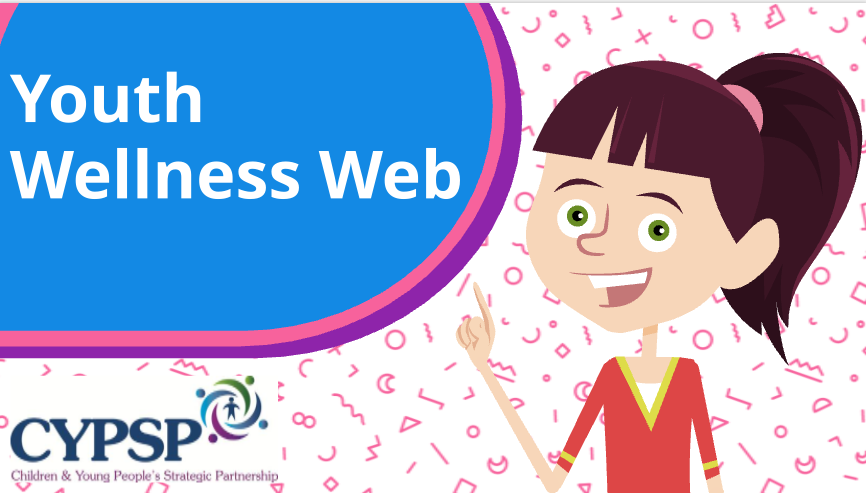
No young person should feel alone and should feel they can get the support they need when they need it at any time or any place, no matter how big or small the situation.
When you are struggling it’s okay to reach out, the Youth Wellness Web has been co-designed by young people for young people for easy access to different resources and services that can really help you.
Access the Youth Wellness Hub HERE
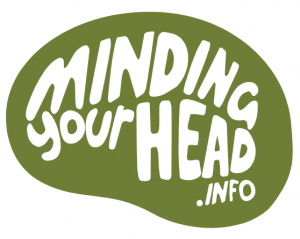
The Public Health Agency website Minding Your Head is a great introduction to mental health and signposts to services and training courses.
There is a range of help available across all four Health and Social Care Trusts
Belfast Area
Western Area
Southern Area
South Eastern Area
Find out what training the PHA offers by clicking this link: Free Training to Support your Mental Health


The Public Health Agency have put together a list of apps that offer valuable self help resources and tools which can be a good source of information and advice at a time when you might need it.
Find out more HERE.
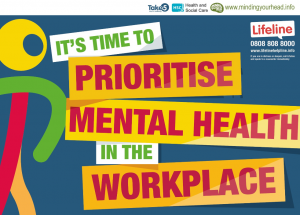
The five local Health and Social Care Trusts in Northern Ireland alongside the Public Health Agency (PHA) and Northern Ireland Ambulance Service (NIAS) have worked in partnership to develop a campaign to encourage people across Northern Ireland to prioritise workplace mental health.
The campaign encourages everyone to take 10 minutes out of their day for self-care using the ‘Take 5 steps to wellbeing’.
It is easy to start adding the ‘Take 5 steps to wellbeing’ to your daily routine – anyone can do it – and it is important because taking care of your mental health and managing stress helps to improve your personal resilience. It also can help you if you support or care for others.
The ‘Take 5 steps to wellbeing’ are: 1. Connect, 2. Keep Learning, 3. Be Active, 4.Take Notice and 5.Give.
You can find out all you need to know in the resource pack to accompany this campaign which includes background to the campaign, helpful tips and advice for employees and employers, and useful links to support services.
We also want to encourage everyone to learn more about mental health and suicide prevention by attending a training course. You can find out more about the work happening in your area and the training available across Northern Ireland at:
Find out more here: www.solihullapproachparenting.com
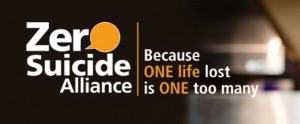
This short free online training course teaches people the skills and confidence to be able to have a potentially life-saving conversation with someone they may be worried about (whether that’s in a personal or professional/work capacity). The training is recommended for anyone aged 16 and over. This training takes approximately 20 minutes to complete and you will get a certificate when you have completed the training.
What you’ll learn:
Find out more here: https://zerosuicidealliance.com/training
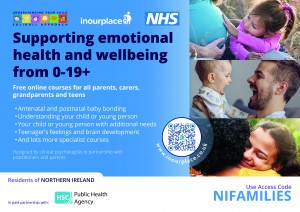
Support the wellbeing of the young people in your life by taking part in FREE online courses to help all parents, carers, grandparents and teens.
To join a course, scan the QR code and use the access code NIFAMILIES.
Course dates for 2025/26 are available on the stress control website.
Support in crisis
Every problem has a solution, but sometimes because you are feeling so low you can’t see it.
This is why it is important to talk to someone about what is worrying you and often solutions and ways to resolve issues can be found with the help of others. You are not alone and there are people who can help you find a solution and work through your problems, no matter how difficult they appear to you.
Talk to someone you can trust and tell them how you are feeling. If you feel that you can’t talk to anyone you know or would prefer to talk to someone anonymously contact Lifeline on 0808 808 8000.
Calls to Lifeline are answered by counsellors experienced in dealing with suicide, self-harm, abuse, trauma, depression, anxiety and many other issues. Lines are open 24 hours a day, 7 days a week. Calls are free from all landlines and mobiles.
You can also contact the Samaritans on 116 123 or email jo@samaritans.org

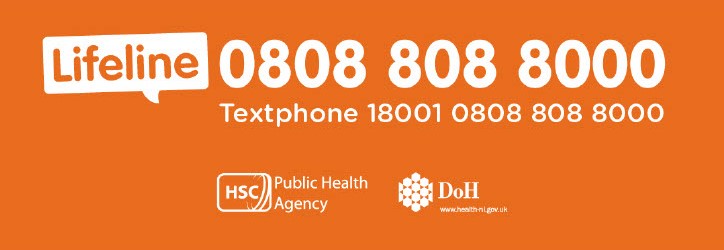
Lifeline is for anyone living in Northern Ireland who is struggling to cope or feeling overwhelmed by what is or what is not happening in their life.
Lifeline provides compassionate, trauma-informed support for those who are experiencing crisis or despair, and those feeling suicidal. You do not need to be at immediate risk of harming yourself to call Lifeline. Reaching out for help early is a good thing, as it can stop things becoming too much to cope with.